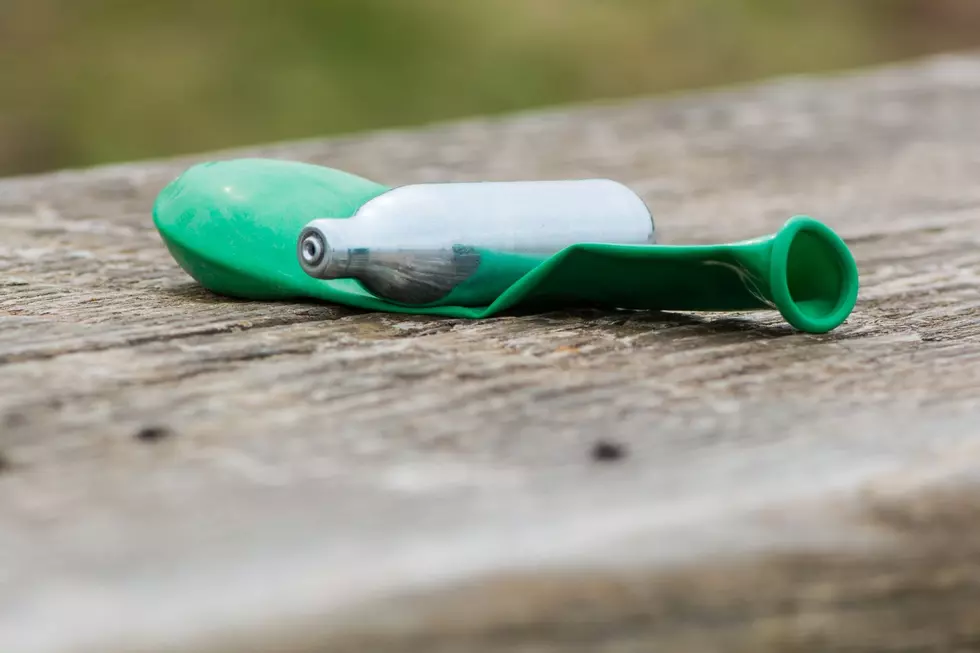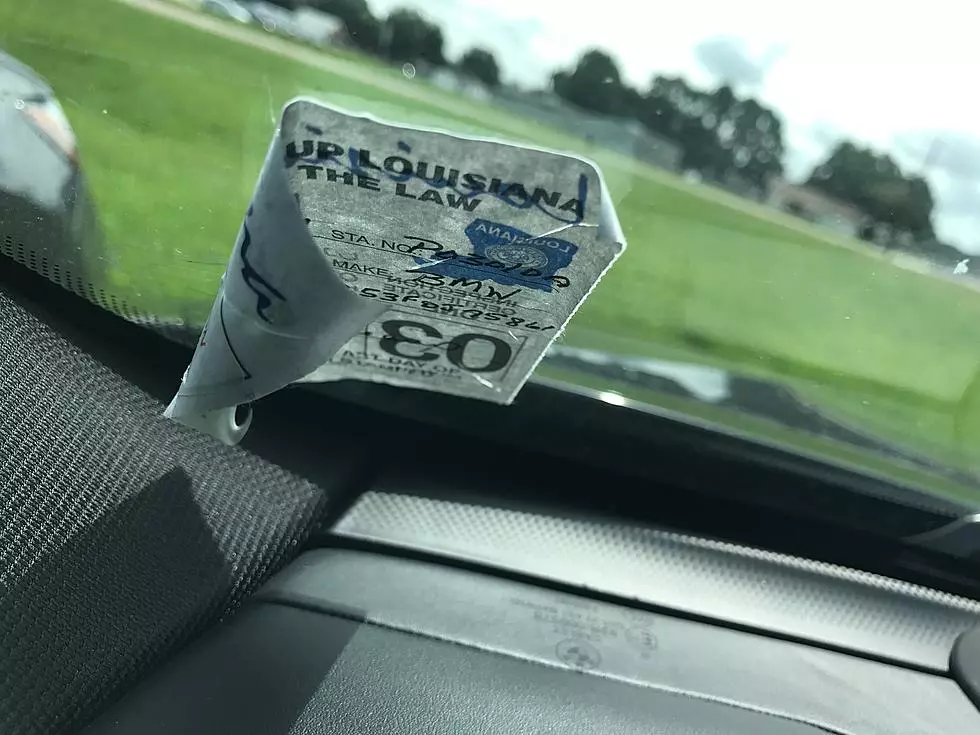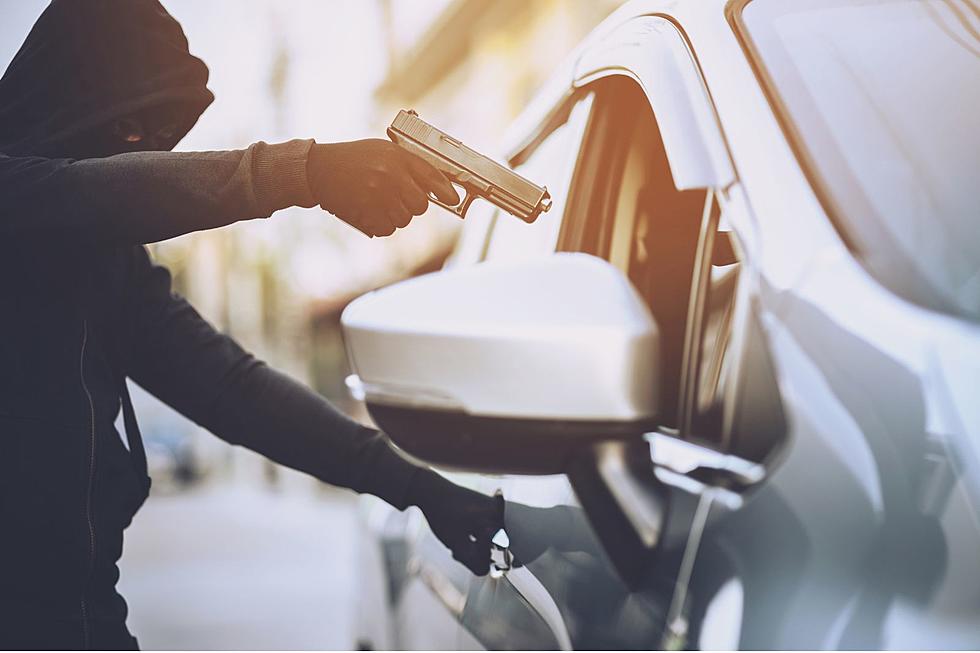
Natural Resources Field Hearing – Boustany, Landry, And Those Impacted Comment
A Congressional panel heard today from business owners and the seafood industry about the challenges they still face one year after the Deepwater Horizon Explosion. The U.S. House Natural Resources Committee held a field hearing in Houma. Kim Chauvin owns a shrimp processing company and says the oil spill and the loss of business afterward has forced her to lay off over half of her employees. She has found that getting financial relief from the Gulf Claims Facility process has been nearly impossible.(The GCCF says they've approved about 300,000 claims and made payments totaling more than 3-point-8 billion dollars.)
Mike Voisin owns a oyster processing company in Houma. Voisin says they are having a hard time marketing their product out of state, because there's a perception the oil has tainted all Gulf seafood.
Lori Leblanc, executive director of the Gulf Economic Survival Team, says the federal government's moratorium on deepwater drilling after the explosion and now slow permitting process is crippling the oil and gas industry.
Congressman Charles Boustany was there and his this to say:
More From News Talk 96.5 KPEL









